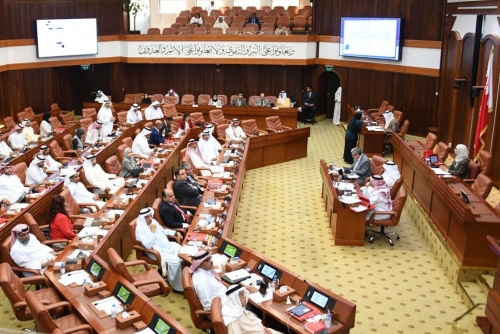MPs push for Union and Sports Federation Audits despite Government opposition
TDT | Manama
Email: mail@newsofbahrain.com
Despite government opposition, MPs are pushing forward with plans to debate a proposal on auditing unions and sports federations on Tuesday. The government has rejected the bill, arguing it blurs the distinction between public and private funds, which could violate legal and international standards.
Supporters of the proposal argue that it would enhance financial accountability, while the government maintains that existing laws, such as Article 22 bis of the Associations Law, already provide adequate oversight without infringing on organisational autonomy. The bill, referred to the Financial and Economic Affairs Committee by Speaker Ahmed bin Salman Al Musallam in September, has sparked significant debate among lawmakers, unions, and officials.
The core issue revolves around the nature of the funds managed by these organisations. The government maintains that these funds—sourced from member fees, donations, and international grants—are private, not public, and thus not subject to state oversight. According to current laws, the National Audit Office (NAO) is only empowered to oversee public funds managed by state-linked entities, leaving unions and federations outside its jurisdiction.
For sports federations, the government points out their private status as public-benefit entities. These federations are already held accountable to Bahrain’s Olympic Committee, which enforces financial and administrative rules following the Olympic Charter. Officials warn that expanding state oversight could put Bahrain in conflict with international agreements, potentially leading to penalties such as exclusion from global sporting events.
Similarly, labour unions are governed by their laws, which safeguard their financial independence. The government notes that unions’ funds come from member contributions, approved donations, and activity revenues, not public money. Therefore, they argue, the NAO should not be involved in their financial oversight.
Supporters of the bill assert that it would improve transparency and accountability. However, the government insists that existing laws are sufficient, particularly Article 22 bis of the 1989 Associations Law, which allows ministers to request financial audits of private organisations without undermining their independence.
For sports federations, the international stakes are high. The Bahrain Olympic Committee’s rules already ensure compliance with global standards, and any government interference could disrupt this balance, with serious consequences for Bahrain’s participation in international sporting events.
Related Posts

